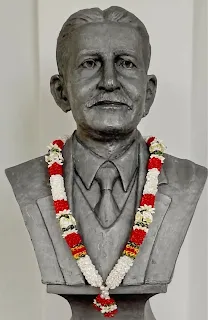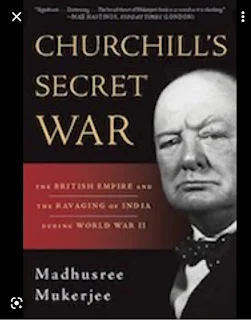 |
| https://www.cornellsun.com/article/2025/01/the- brutalist-on-art-capitalism-and-the-immigrant-experience |
It serves as Hollywood's occasional reminder of the plight of Jews in Europe during World War II. Cast with Adrien Brody, who has a personal connection to the Holocaust, what does he get? Ten Oscar nominations and multiple accolades, including a second Best Actor Academy Award for Brody.
If the plot evokes Brody's character in 'The Pianist' (2002), don't fret. He is also an Eastern European Jewish refugee here and a remarkably gifted individual displaced by the malevolence that humanity inflicts in the name of nationalism, race, and religion.
A Hungarian Jew, László Tóth, an architect who designed significant buildings in Budapest, finds himself penniless and homeless in the United States. He reaches out to his friend and assists in his furniture business. Tóth becomes acquainted with a wealthy man when the friend is commissioned to build a personal library on the estate.
.jpg) |
| J Edgar Hoover building |
The remainder of the 3.5-hour story chronicles the ups and downs of their relationship, his troubled friendship with his former boss, how his wife is brought to America, the challenges Tóth faces in bringing his design to life, and ultimately witnessing his creation come to fruition, only to be celebrated some 50 years later. It is all rather predictable. The acting and cinematography are exemplary, nonetheless, deserving of their Oscar wins.
 |
| Ryugyong Hotel |
The Brutalists employed linear, monolithic blocks in contrast to older architectural styles, which featured domes, curves, and sculptures. The free world regarded them as imposing and emphasised their grandiosity. The communists believed that their unimaginative design was anti-bourgeois, exactly what they aimed to present to the world. The liberal use of concrete, along with playful variations, somehow signified equality.
 |
| Scottish Parliament, Edinburgh. |
























